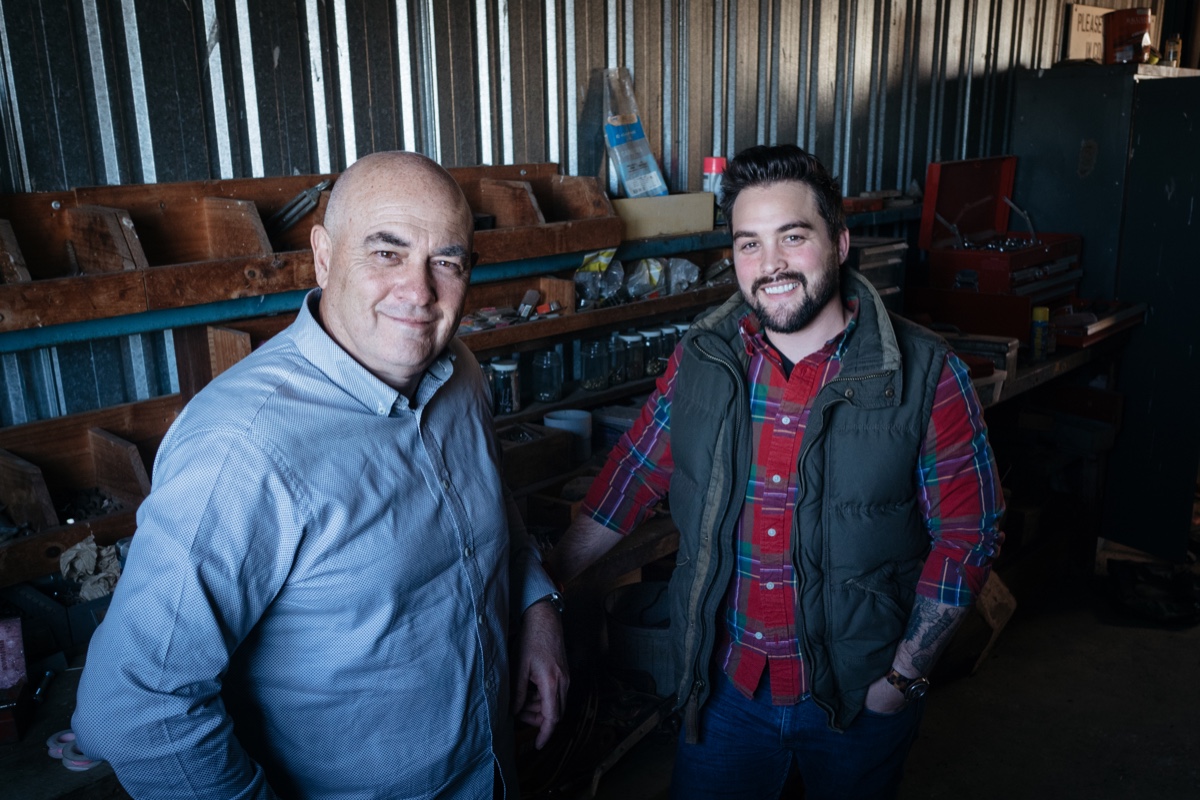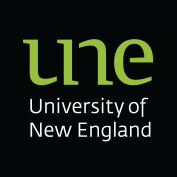For a long time rural crime has been ignored in favour of urban crime issues, but that all changed in 2019 when UNE established the world’s first research centre dedicated to the issue.

The new Centre for Rural Criminology brings together a network of world-leading criminologists in partnership with law enforcement and the wider community.
“Farm crime in particular, such as the theft of livestock, produce and equipment, illegal hunting, trespassing and other crimes affect not only individuals but the wider agricultural industry. Particularly as productive farmers may leave the sector as a consequence of victimisation,” says Dr Kyle Mulrooney, UNE criminologist and co-director of the Centre.
“Past studies into rural crime have shown that around half of rural crime goes unreported for a variety of reasons such as a reluctance to report and problems obtaining evidence – meaning it’s difficult to quantify and address the issues.”
Sheep and cattle theft alone is costing the sector millions of dollars each year.
Co-director and UNE criminologist Associate Professor Glenn Porter says the Centre is an important step in ensuring a relevant focus on issues impacting farmers and agricultural communities worldwide.
“Through this new Centre of Rural Criminology, we have created a network of researchers focused on understanding these issues and working with local law enforcement and the community to lower crime rates and equip communities to respond to and, ultimately, prevent these crimes,” A/Prof Porter said.
“As well as building the worldwide knowledge-base on rural crime, we’ll be working closely with our local police and community to inform evidence-based policies, resources and campaigns that will make a difference in our region and further afield.”
The challenge
Mobilising opportunities for UNE staff to work with communities around shared areas of interest, experience and knowledge to develop solutions to issues, large and small.
How we help
Our University-wide approach to shared knowledge partnerships and our commitment to co-developing solutions unites the leading-edge knowledge and capability of our staff with the on-the-ground experience and skills of our communities and their connections.
Impact on staff
Our staff have the support required to engage in applied research, opportunities to work outside traditional university contexts and innovate in real-world contexts.
Impact on communities
Our communities have ready access to world-class expertise to help understand, design and deliver solutions to issues or trends impacting them socially, economically or environmentally.



